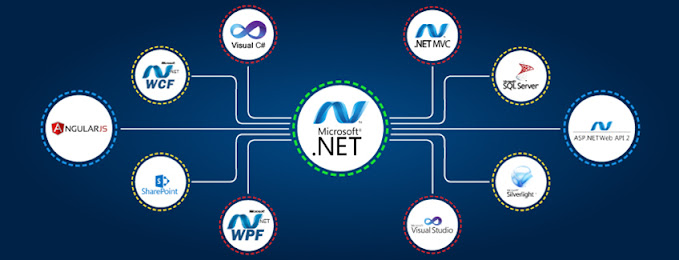What’s New in DevOps Automation Tools for 2025?
As technology evolves, DevOps services continue to play a critical role in enabling businesses to accelerate their software delivery while maintaining high quality and reliability. In 2025, the landscape of DevOps automation tools is expanding, offering cutting-edge solutions to streamline workflows, enhance collaboration, and ensure seamless deployment processes. These advancements are shaping the future of software development, making it essential for organizations to stay ahead of the curve.
The Integration of Cloud DevOps Services
One of the most significant trends in DevOps automation for 2025 is the deeper integration of cloud DevOps services. With cloud computing becoming the backbone of modern infrastructure, DevOps tools are increasingly being tailored to optimize cloud environments. These tools not only support multi-cloud and hybrid cloud setups but also enable automated resource provisioning, scaling, and monitoring.
For instance, cloud-native DevOps platforms now offer features such as Infrastructure as Code (IaC), container orchestration, and serverless computing. These innovations empower teams to manage their infrastructure dynamically, reduce manual errors, and improve scalability. Furthermore, the use of AI-driven analytics within cloud DevOps services is helping organizations predict performance bottlenecks and optimize resource utilization proactively.
Advancements in DevOps Implementation Practices
In 2025, DevOps implementation is being revolutionized by tools that focus on enhancing efficiency and reducing time-to-market. Continuous Integration and Continuous Deployment (CI/CD) pipelines are now more intelligent, leveraging machine learning algorithms to detect potential issues before they impact production. This proactive approach minimizes downtime and ensures a smoother deployment process.
Another breakthrough is the adoption of no-code and low-code platforms in DevOps workflows. These platforms enable teams with diverse technical expertise to participate in
DevOps implementation, fostering collaboration and accelerating delivery cycles. Additionally, tools with built-in compliance and security features are simplifying the management of regulatory requirements, ensuring that applications meet industry standards without slowing down development.
Embracing Automation and Orchestration
Automation remains at the heart of DevOps, and 2025 brings significant advancements in this area. Modern automation tools now offer end-to-end orchestration capabilities, allowing teams to automate everything from testing and deployment to infrastructure management and incident resolution. These tools integrate seamlessly with existing ecosystems, providing unparalleled flexibility and adaptability.
Moreover, intelligent automation is on the rise, driven by advancements in AI and machine learning. DevOps tools now feature self-healing capabilities, enabling systems to identify and rectify issues autonomously. This not only reduces manual intervention but also enhances system reliability and performance. For example, automated incident response tools can analyze logs, identify root causes, and apply fixes in real-time, ensuring minimal disruption to operations.
Powering DevOps with Observability and Metrics
In 2025, observability has become a cornerstone of DevOps success. Advanced monitoring and observability tools are providing teams with deep insights into system performance, user behavior, and application health. These tools utilize uncommon technologies like distributed tracing, anomaly detection, and predictive analytics to deliver actionable insights.
By integrating observability into their DevOps workflows, organizations can identify trends, detect anomalies, and optimize their systems proactively. This level of visibility is critical for maintaining high availability and ensuring a seamless user experience.
The Future of DevOps Automation
The innovations in DevOps automation tools for 2025 are a testament to the industry’s commitment to driving efficiency and innovation. From the integration of cloud DevOps services to advancements in DevOps implementation, these tools are empowering teams to deliver software faster, more reliably, and with greater agility.
As businesses adopt these cutting-edge technologies, they can expect to unlock unprecedented levels of efficiency and scalability. Organizations that invest in modern DevOps tools today will not only stay competitive but also lead the way in shaping the future of software development.



.png)
Comments
Post a Comment